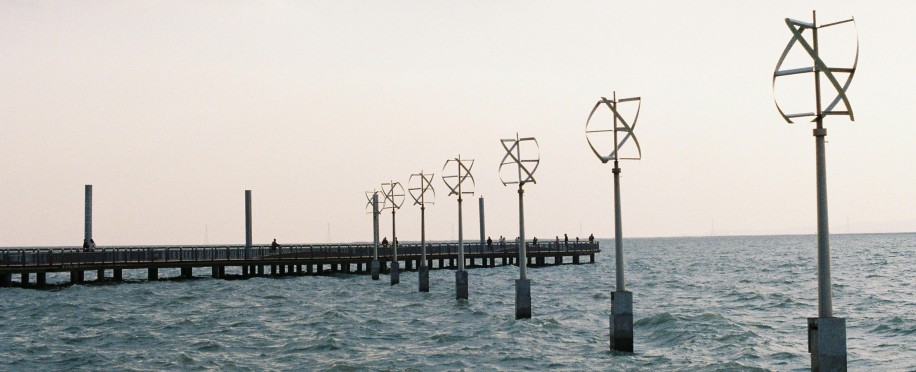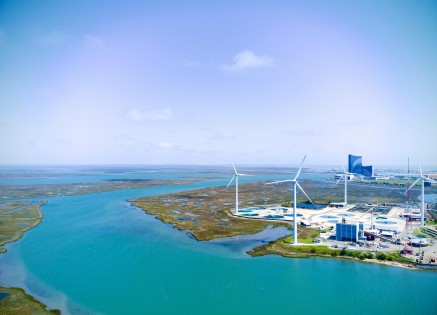Copyright © 2026 lmitac.com All Rights Reserved. Contact - Terms and Conditions - Privacy Policy - Quality Policy - Become an instructor - Vacancies - Sitemap
London Maritime Academy is a trade name for London Premier Groupversion: 2.9.0
London Maritime Academy is a trade name for London Premier Group

Posted on : 6/20/2025, 10:30:22 PM
Last Update : 6/20/2025, 10:30:22 PM
In an era of economic volatility and logistical pressures, we note that companies can no longer ignore the importance of ocean freight in building resilient and stable supply chains. While businesses strive to provide efficient solutions for transporting cargo globally, they still face daily challenges that threaten their ability to meet their obligations.
If you are a business owner or a shipping manager, you are fully aware of how a single voyage disruption can affect the entire schedule. This article not only highlights these challenges but also offers practical strategies for improving efficiency and explores the latest trends shaping the future of ocean freight, trends that could completely transform the landscape.
Ocean freight refers to the transportation of goods by sea using container ships. It is the most widely used form of ocean shipping worldwide, accounting for over 90% of international trade and global trade activities.
To meet different business needs, there are undoubtedly various ocean freight services available depending on the nature of the cargo, for example, FCL (full container load) is best for large shipments, while LCL (less than container load) allows businesses to share container space for smaller cargo shipments—an efficient ocean freight forwarding method that reduces costs.
Despite the emergence of alternative methods such as air freight or intermodal transport, what ocean freight offers remains the ideal choice for businesses seeking a balance between ocean cost and volume. However, technical and legal requirements vary depending on the type of freight, reinforcing the need for a thorough understanding of the workings.
The ocean freight process begins when goods are properly prepared and packaged, either by the manufacturer or a third party. A freight forwarding service provider then offers to reserve instant space on a container ship, and the cargo is sent to the port for customs inspection.
Depending on the shipment type, the goods are either loaded into a full container or consolidated with other shipments. Then, they are transported by ocean to the destination port using forwarding services. But upon arrival, the goods undergo customs clearance and are delivered to the final warehouse or customer.
So, this process, despite its apparent simplicity, requires careful management. This is where the skills acquired from programs like shipping management training courses in London come in. These courses provide trainees with a practical understanding of the intricacies of ocean freight operations.

Trade-related ocean freight faces increasing challenges, most notably port congestion, weather fluctuations, and a lack of real-time information. Longer shipment times can lead to stockouts or delayed deliveries.
In addition, the constant fluctuation in freight rates is a major obstacle for businesses, as it offers no consistency and makes it difficult to accurately predict costs, impacting profitability and financial planning.
Another major challenge is the ability to handle large volumes of cargo and allocate resources effectively. This is where forwarding and artificial intelligence platforms play a crucial role, providing instant quotes and instant proactive alerts, enabling managers to make informed decisions and avoid surprises.
The push toward sustainability is one of the major forces reshaping ocean freight. Leading ocean shipping companies are investing in electric vessels and hybrid power technologies to cut carbon emissions, reflecting a broader global shift toward environmental responsibility.
Businesses benefit from innovation that is not limited to the environmental aspect alone; it offers the instant adoption of technologies such as artificial intelligence and the Internet of Things (IoT) to enhance real-time tracking and improve efficiency. Furthermore, the adoption of blockchain contributes to cargo document security and ease of verification of trade and cross-border trade transactions.
For freight forwarding providers, embracing these technologies not only drives operational excellence but also opens the door to new offers and improved services on a global scale.
If your goal is to cut costs, increase efficiency, and enhance customer satisfaction, it's time to upgrade your ocean freight strategy. Modern freight forwarding services provide businesses with instant quotes, instant flexible shipping options, and data-driven insights to improve outcomes.
So, whether you operate in the local trade market or export to global ocean destinations in the USA or elsewhere, improving your ocean freight strategy is key to success in 2025 and beyond.
Executive Maritime Management